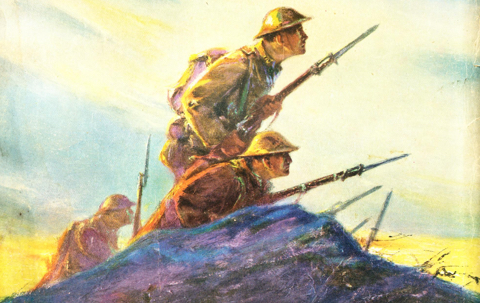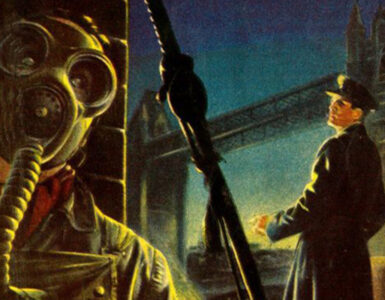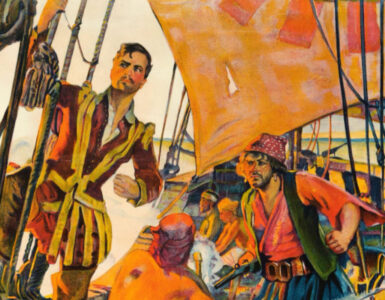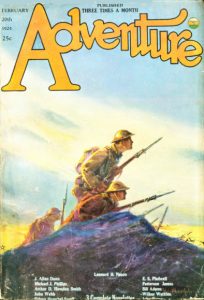 The day when we honor all U. S. military veterans — November 11 — originated as “Armistice Day” on November 11, 1919, the first anniversary of the end of World War I. The day became a national holiday in 1938 and was changed to Veterans Day in 1954.
The day when we honor all U. S. military veterans — November 11 — originated as “Armistice Day” on November 11, 1919, the first anniversary of the end of World War I. The day became a national holiday in 1938 and was changed to Veterans Day in 1954.
One hundred years ago today, the struggle for the battered village of Passchendaele — officially called the Third Battle of Ypres — was drawing to a close. The town’s remnants would be reclaimed by British and Canadian forces on November 6, but the fighting would last four more days.
Edwin Vaughan– an officer of the 1st/8th Warwickshire Regiment of the British Expeditionary Force — wrote about the carnage in his journal:
“Up the road we staggered, shells bursting around us. A man stopped dead in front of me, and exasperated I cursed him and butted him with my knee. Very gently he said, “I’m blind, Sir” and turned to show me his eyes and nose torn away by a piece of shell. “Oh God! I’m sorry, sonny,” I said. “Keep going on the hard part,” and left him staggering back in his darkness . . . A tank had churned its way slowly behind Springfield and opened fire; a moment later I looked and nothing remained of it but a crumpled heap of iron; it had been hit by a large shell. . . .
From other shell holes from the darkness on all sides came the groans and wails of wounded men; faint, long, sobbing moans of agony, and despairing shrieks. It was too horribly obvious that dozens of men with serious wounds must have crawled for safety into new shell holes, and now the water was rising about them and, powerless to move, they were slowly drowning. Horrible visions came to me with those cries, (of men) lying maimed out there trusting that their pals would find them, and now dying terribly, alone amongst the dead in the inky darkness. And we could do nothing to help them; Dunham was crying quietly beside me, and all the men were affected by the piteous cries.”
On August 25, when he awoke to take muster, Vaughan’s worst fears were realized: “Out of our happy little band of 90 men, only 15 remained.”
Such were the horrors of Passchendaele and the “War to End All Wars.” In 1914 as war was declared, there were street celebrations across Europe. No one envisaged the stalemate of the trenchs nor the appalling casualties of four years of fighting. About 8.5 million soldiers on both sides of the conflict died of wounds and disease. According to the ENCYCLOPEDIA BRITANNICA, “It has been estimated that the number of civilian deaths attributable to the war was higher than the military casualties, or around 13,000,000. These civilian deaths were largely caused by starvation, exposure, disease, military encounters, and massacres.”
Except for a single writer — Leonard Nason — stories about the First World War were very limited in the general fiction pulps. But as the rough paper magazines began to specialize in the teens and twenties, the first pulp devoted to tales of war would appear. Introduced by Dell Publishing in 1926, WAR STORIES would be followed by many others: BATTLE STORIES, WINGS, OVER THE TOP, DARE-DEVIL ACES, SKY FIGHTERS, and dozens more. Most disappeared by 1940 as another “Great War” was unfolding.
Beginning on Thursday evening, July 26, and running through Sunday, July 29, PulpFest 2018 will honor the 100th anniversary of the end of the First World War. The convention’s focus will be the so-called “war pulps” of the early twentieth century as well as the depiction of war in popular culture. Please join us at the beautiful DoubleTree by Hilton Hotel Pittsburgh – Cranberry, just outside Pennsylvania’s Steel City. We’ll also be celebrating the century mark of Grand Master of Science Fiction Philip José Farmer. PulpFest and its associated convention — FarmerCon — will be saluting the acclaimed author of such works as ESCAPE FROM LOKI, THE DARK HEART OF TIME, the classic Riverworld series, and more. Award-winning author Joe Lansdale will be PulpFest‘s guest of honor.
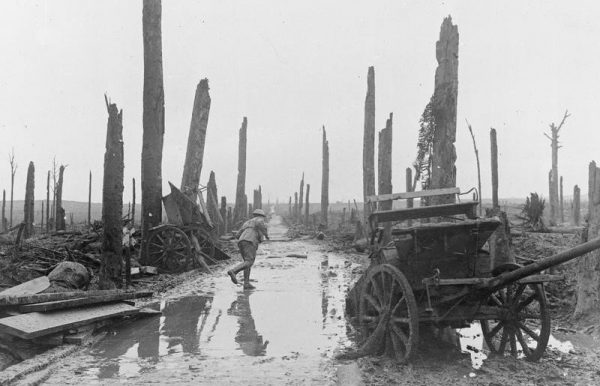
(H. C. Murphy painted the front cover art for the February 20, 1924 issue of ADVENTURE. Leonard H. Nason was featured on the cover for his short story, “Three Lights from a Match,” appearing in the issue.)

